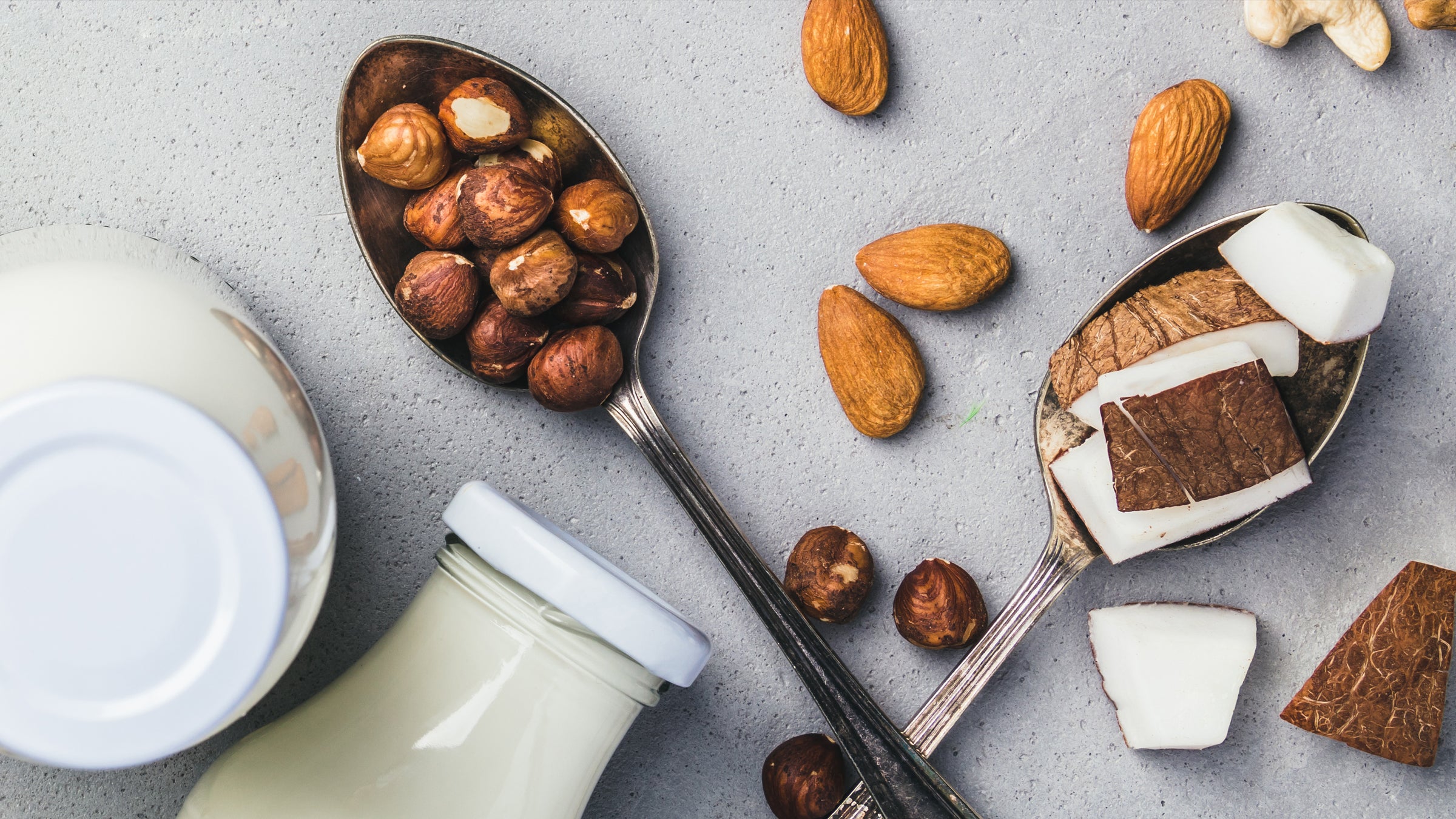Are You Eating Enough Fat?

Good fats are critical for keeping yourself healthy. Fat is one of the essential components of a healthy diet, and it’s a centerpiece of clean eating in diets like the keto diet. But, despite this focus on fat, plenty of people simply aren’t taking in enough of it. If healthy fat isn’t at the front of your mind, you may not be eating as much as you think. And you might not even realize that you’re facing a fat deficiency.
A fat deficiency can introduce a number of potential negative effects on your health. Without fat, your body will struggle to manage some of its most important everyday activities, like providing you with energy.
So, it’s time to take a close look at just how much fat you’re consuming as part of your diet. When you’re getting the right amount of good fats, your body is better able to operate. Cellular growth, your overall body temperature and even your vitamin intake – all of these are affected by whether or not you’re getting enough fat each day.
Here’s why you need to pay attention to how much fat you’re getting each and every day.
Your body relies on fat to keep you healthy
Fat plays a key role in overall health, and that’s why it’s meant to be included in a balanced, healthy diet. In fact, your body actually relies on fat to perform some pretty major functions.
Fat is one of the body’s key energy sources. It’s what keeps you – and your entire body – awake, moving, and functioning each and every day. As the American Heart Association explains, dietary fat is also the fuel that fires up activities such as cellular growth. Fat is responsible for critical internal activities like building cell membranes, crafting cells’ exteriors and generating the sheaths around your nerves. These activities help your cells regenerate and contribute to a well-functioning nervous system.
But fat’s importance doesn’t end there. It also works to protect your organs and helps keep the body warm. Fat is even responsible for helping the body properly absorb certain nutrients like vitamins A, D, E, and K, and it helps you feel satiated after a meal. It even aids the body’s production of hormones. And, though you’d never expect it, fat is an essential factor in blood clotting and controlling inflammation.
Without fat, or with a restricted supply of fat, your body can’t perform these functions. Over time, a consistent lack of fat in your diet could lead to serious health effects.
A fat deficiency can lead to serious health problems
If you aren’t getting enough fat in your daily diet, you can begin to experience discomforting side effects as the result of a fat deficiency.
When you aren’t eating enough fat, your body starts to struggle with its normal biological processes. Tasks that require fat, like creating new cells and keeping your body temperature in check, are hampered. And you can wind up experiencing problems like:
- Vitamin deficiencies
- Skin inflammation
- Slow-to-heal cuts, scrapes, and wounds
- Hair loss
- Increased sickness due to a weakened immune system.
You may also notice more subtle signs of a potential fat deficiency. A lack of dietary fat can leave you feeling hungry even after a meal, struggling to focus and concentrate and feeling cold frequently. If you’re noticing any of these effects on your health, it may be time to rethink just how much fat you’re taking in.
There is good news: Fat deficiency is a pretty rare condition, especially if you’re already sticking to a balanced diet. But, if you’ve been thinking about cutting back on fat, it’s better to rethink what kinds of fats you’re consuming, and how much of each you’re getting daily versus cutting back on fat and risking a fat deficiency.
How to increase your fat intake, the clean-eating way
While fat’s negative qualities have long been widely advertised, its most important roles within the body are often overshadowed. Just like other vitamins, minerals, and nutrients, fat can benefit your overall health. It’s not only good for you, but also an important part of a well-rounded diet.
The key to emphasizing fat’s good-for-you qualities is choosing the right fats: monounsaturated and polyunsaturated fats. You can find these healthy fats in olive oil, nuts and seeds, different kinds of fatty fish, and avocados. It’s a good idea to try to get most of your fat from these sources.
Saturated fats from meat, dairy, and eggs are perfectly fine too; you’ll just want to make sure you’re eating them in moderation. The latest Dietary Guidelines for Americans recommend limiting your saturated fats to less than 10 percent of your total daily calorie total.
As long as you’re consuming the right kind of fat, your body will benefit.